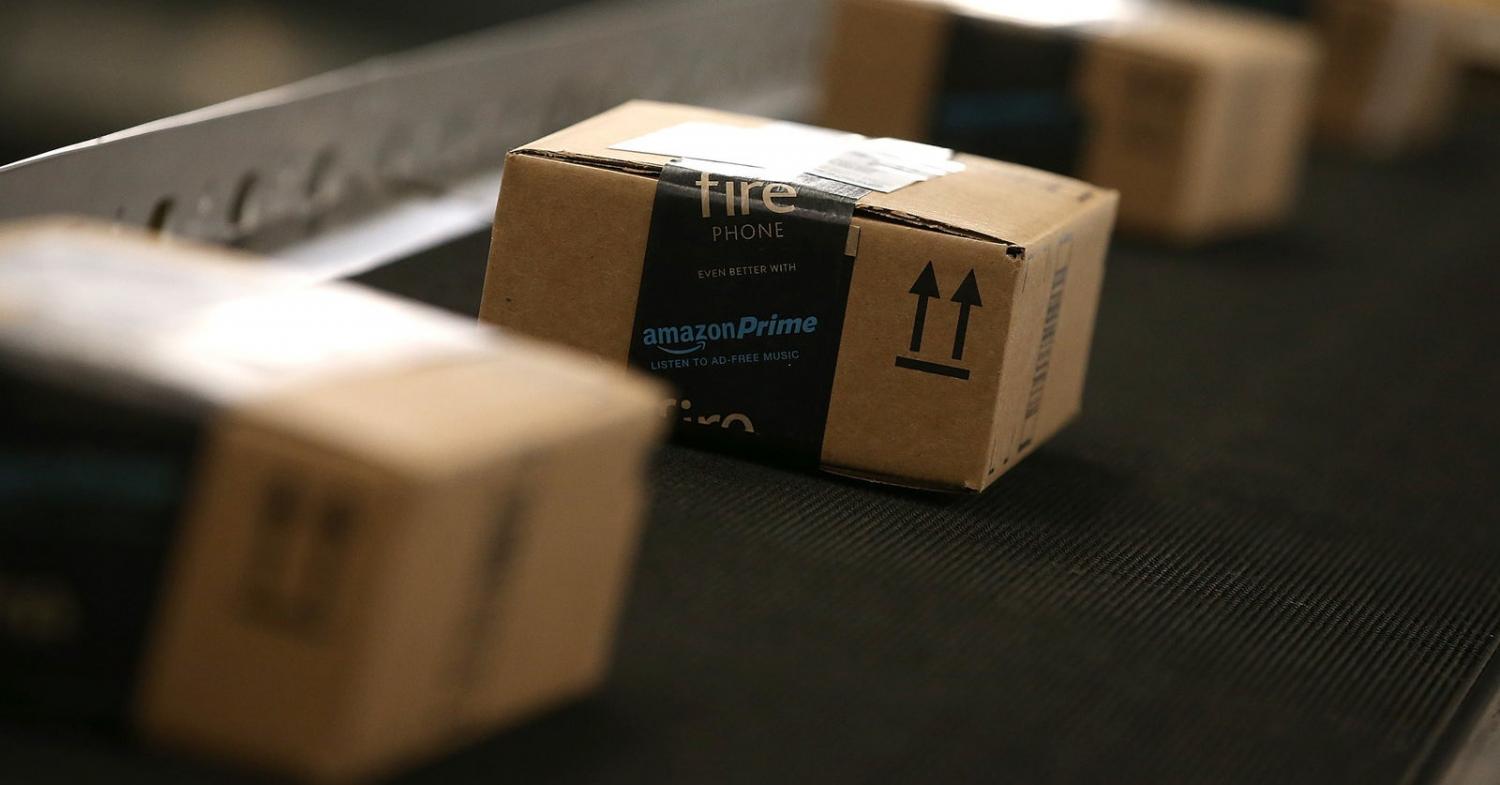
By Micah Regalado | Editor in Chief
December 12, 2019
Surprise, surprise: increasing consumer culture has clear negative repercussions.
Not only does this culture increase shallow materialism, it has detrimental effects on the environment, increasing pollution. Online shopping spikes drastically at this time of the year because of holiday gifts. Sadly, the convenience of e-purchases and free returns encourages consumers to click the purchase button without contemplating the ramifications.
According to UPS, Americans will return approximately one million packages every day in the month of December. These return companies salvage what they can, returning some products to the shelves and donating to charities. Yet, the extreme peak in product returns results in a large amount of those products ending up in landfills. The 2018 Optoro Impact Report states that five billion pounds of waste were added to landfills due to this problem in that year. Not only does it pack landfills, the same report also states that 15 million tons of CO2 are released due to transportation.
“Every order comes with plastic packaging that goes straight to the trash after you open your item,” San Clemente High School senior Delaney Shanley said. “The individual wrapping of each item with single-use plastic is simply unnecessary, and this problem is magnified when the consumer does not even keep the product.”
Shanley critiques the shipping process as although it fits the convenience of a fast-paced life, it is clearly ineffective in material usage. Companies such as Amazon have transformed the retail landscape, encouraging people worldwide to do the majority of purchasing from the comfort of their homes. While not inherently bad in concept, this way of shopping clearly adds to the environmental crisis. The source of this problem though lies in the lack of information given to online shoppers.
“Many consumers, including myself, just assume if you return a product, it goes straight back into amazon supply,” SCHS senior Wolf Beeuwsaert. “We must encourage consumers to be very certain if they want a product or not, decreasing compulsive buying.”
Of course, policies could be put in place in order to complicate the return process in order to make it more environmentally friendly. However, this would be most likely met with public outcry. Due to this reason, the simple solution to the dilemma at hand is to inform consumers on the consequences to reduce the amount of product returns that occur.
Although this appears overly simplistic in nature, education of the public has the potential to decrease this problem significantly.
Therefore, when shopping for gifts online, be sure to think of what truly happens when you click the purchase button, as neither product shipping nor returns are legitimately free when it comes to the environmental costs.

Leave a Reply